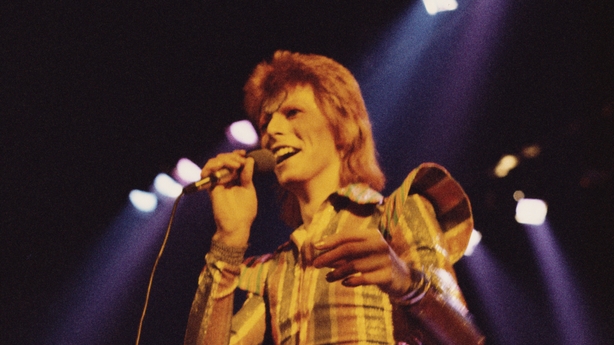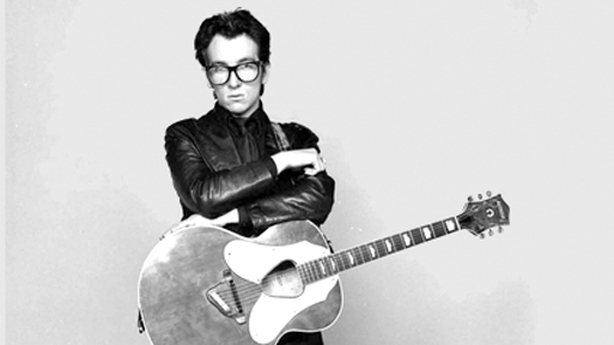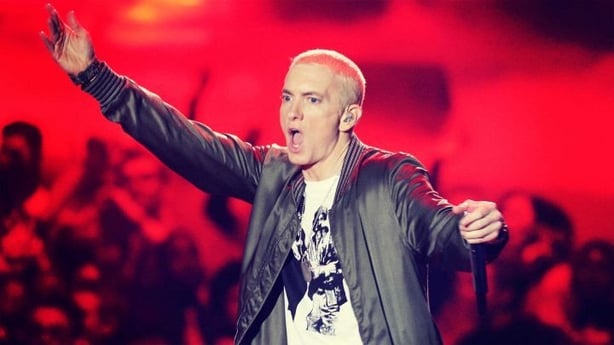Who among us has not shifted nervously or made a beeline to the bar at a live gig when a band announces the fateful words: "I hope you like our new direction."
"Don't bore us, get to the chorus" and "play the hits" may be constant refrains at music shows but spare a thought for the poor old band or solo act plodding out the same old songs night after night.
Pop stars should be allowed to try something new, do whatever they want and become genre-fluid as they play around with different styles, formats, and attitudes.
Alan Corr appeared on the Dave Fanning Show to talk about genre-fluid pop stars - listen above.

As the immortal David St. Hubbins from Spinal Tap, a band well known for their genre swapping, once said, "I think too much stress can never be placed on the dictum that one must follow one’s own star."
Over the past few weeks, we’ve learned that pop diva extraordinaire Mariah Carey is finally releasing the secret grunge album she recorded back in 1995 and that rap’s baddest boy Eminem has had a No. 1 hit on the Christian music charts in the US.
Artists switching genres isn’t new. Dylan was branded as "Judas" by the po-faced keepers of the folk flame back in 1965 when he went electric, Taylor Swift went full pop on her album 1989 and became even more successful, musical polymath Elvis Costello is unfairly called a dilettante for doing exactly what he wants and recording country, classical, and jazz albums, while acts like The Beatles and Bowie made a virtue of their shapeshifting.

On the less listenable flipside, Ed Sheeran dabbled in rap and hip-hop to cringeworthy effect on his No.6 Collaborations Project and Billy Joel confused many when he released a classical album back in 2001.
But it is often a risky business for musicians. The need to do something completely different is a gamble that doesn’t always pay off, leaving fans feeling cheated and risk adverse record labels terrified that their cash cow is all dried up.
But why do pop stars do it? There are many reasons - boredom, the fragile desire to be taken seriously, and the feeling that they’ve run out of road. It is also a chance to flex new artistic muscles and to reach a new audience.
John Peel famously said of The Fall that they were "always different; always the same" and we could say something similar about The Ramones. AC/DC were once asked why they just write the same song over and over 18 times and Bon Scott replied, "actually it’s 19 times".

Oasis, one of the dullest and most conservative bands of recent decades, just kept churning out the same lumpen rock despite Liam Gallagher’s usual pre-release bragging that their new album sounded like Dark Side of The Moon meets Captain Beefheart playing Andalusian nose flute sonatas.
However, musicians are always adding new colours, if you will, to their sound. From Dylan to Bowie and from Primal Scream to - gulp - Katy Perry, musicians have always been about ch-ch-ch-changes.

